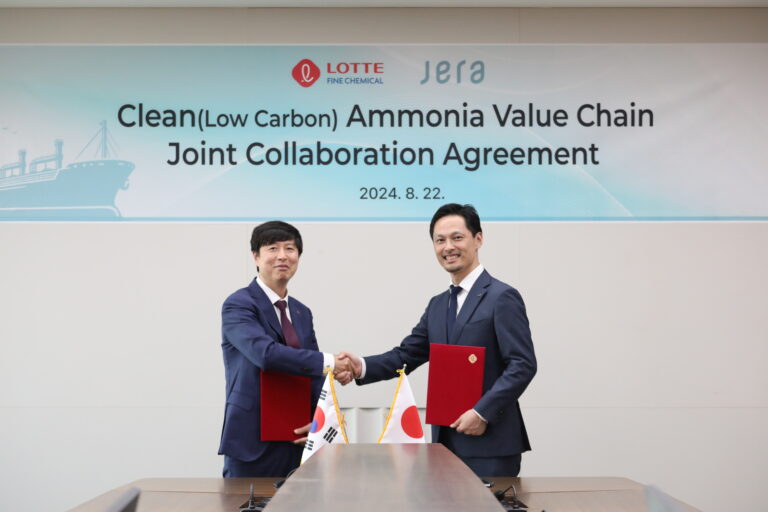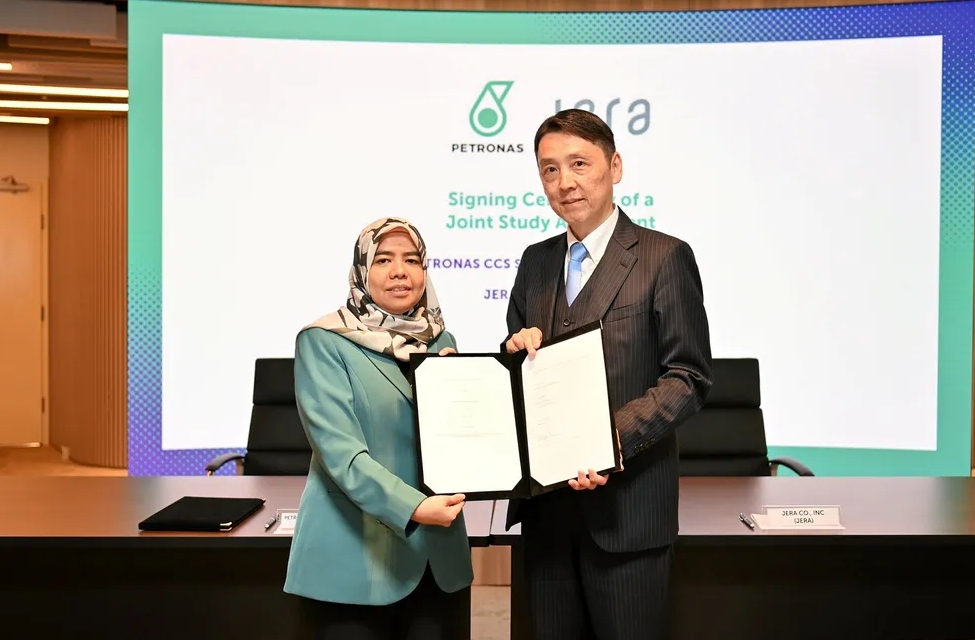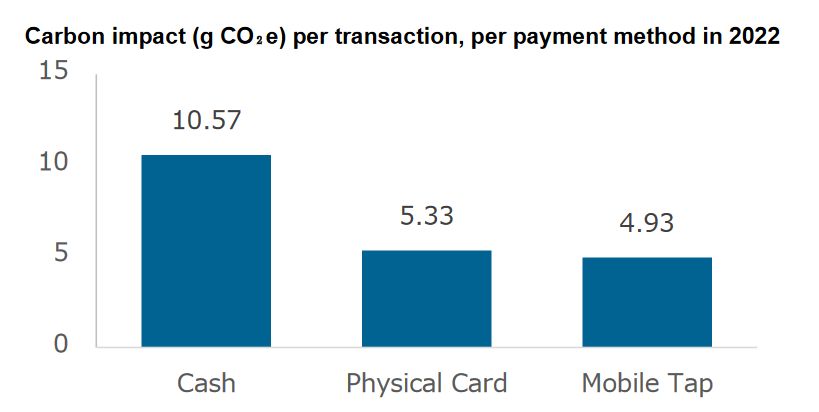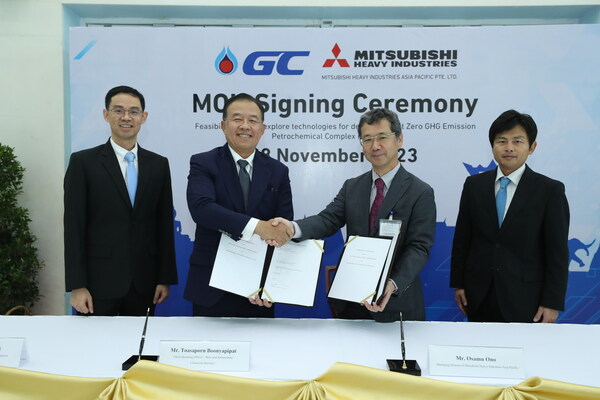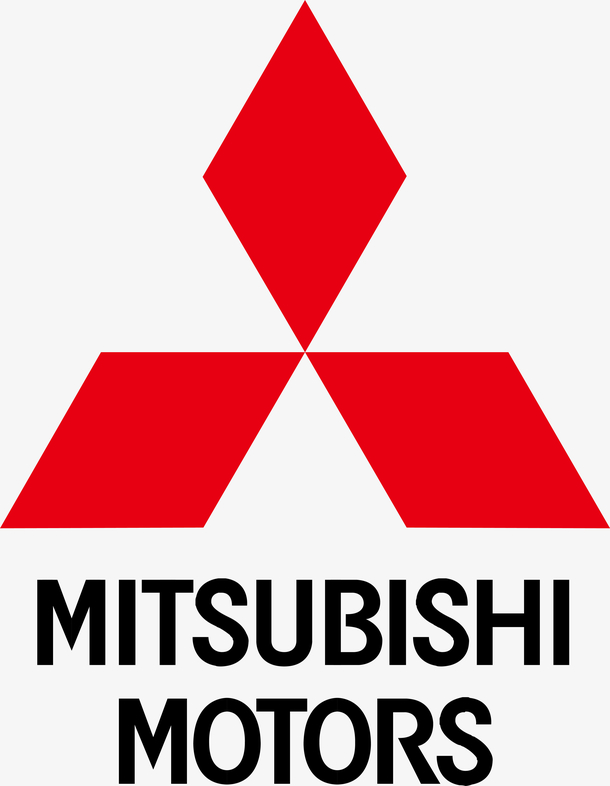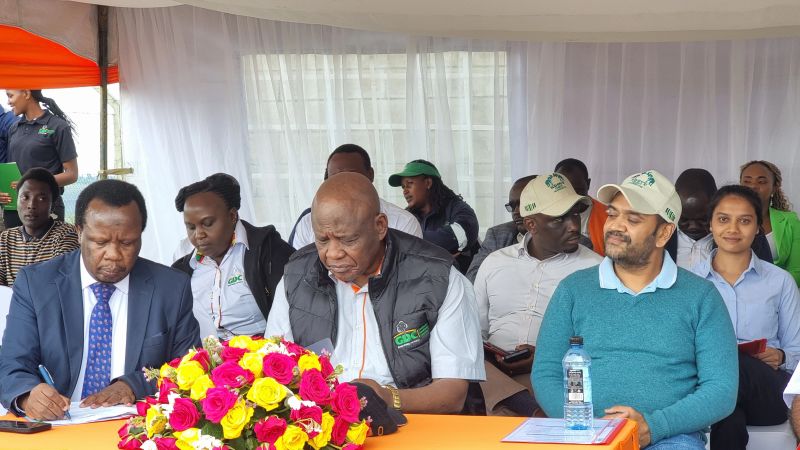
Karsan Ramji will also use heat from geothermal for a drying unit with a capacity of 700 tonnes per day.
GDC CEO Paul Ngugi described the agreement as “first of its kind” and in line with GDC’s diversification strategy towards financial sustainability. The CEO had previously spoken on the aspiration of achieving financial sustainability for GDC and not having to rely on government funding.
“This engagement opens new investment frontiers around the geothermal ecosystem,” said Ngugi. “We are taking a departure from the conventional power generation into an exciting and promising realm of captive power and thermal heat. And this is critical. It means, we are, in essence, expanding the geothermal pie and making it accessible and profitable.”
This is the first time in Kenya that an industrial player and manufacturing firm seeks to generate its own power using geothermal steam. “We are happy that Karsan Ramji found it fit to become part of the geothermal community. The investment they are going to make in this project is a vote of confidence in geothermal energy as a base-load, its affordability, and its green credentials,” further added Ngugi.
GDC is managing the steam field of the Menengai Geothermal Field, supplying geothermal steam to the 35-MW power plant of Sosian Energy which started operations this year. Two more 35-MW power plants are in development in Menengai. GDC is also conducting drilling and well testing in the Baringo-Silali geothermal field with, so far, highly positive findings.
